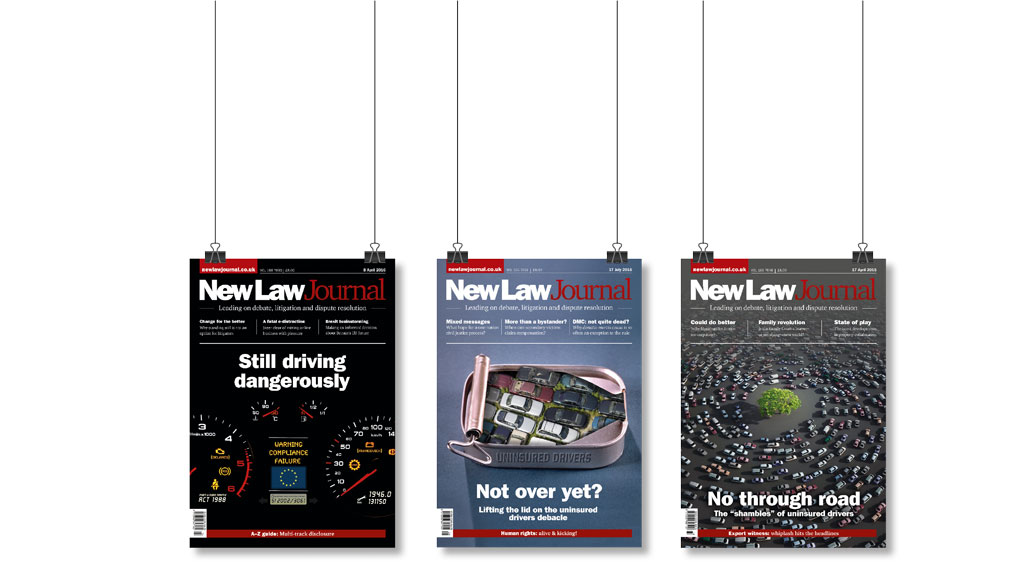
In the second of two articles, Nicholas Bevan explains why he believes the MIB is liable for defects in the Road Traffic Act
In “Putting wrongs to rights (Pt 1)” the author argued the case for the Motor Insurers’ Bureau (MIB) being held directly liable for compensating motor accident victims who fall through the statutory protection conferred under Pt VI of the Road Traffic Act 1988 (RTA 1988). The article hypothecated that if the Becker exception applies to Art 10 of the European directive (2009/103/EC) on motor insurance (the Directive) then the MIB will be liable to compensate any victim of a motor vehicle whose use ought under European law to be covered by third party insurance, even if there is none in place because the RTA 1988 does not require it. In short the case was made for Art 10 of the Directive having direct effect against the MIB.
Article 10 of the Directive defines the role of the authorised compensating body. The Uninsured Drivers Agreements 1999





.tmb-mov69x69.jpg?sfvrsn=961ae4db_1)
95ca96e3d47f4eff8d147c4f0df17c77.tmb-mov69x69.png?sfvrsn=3db5d86b_1)

